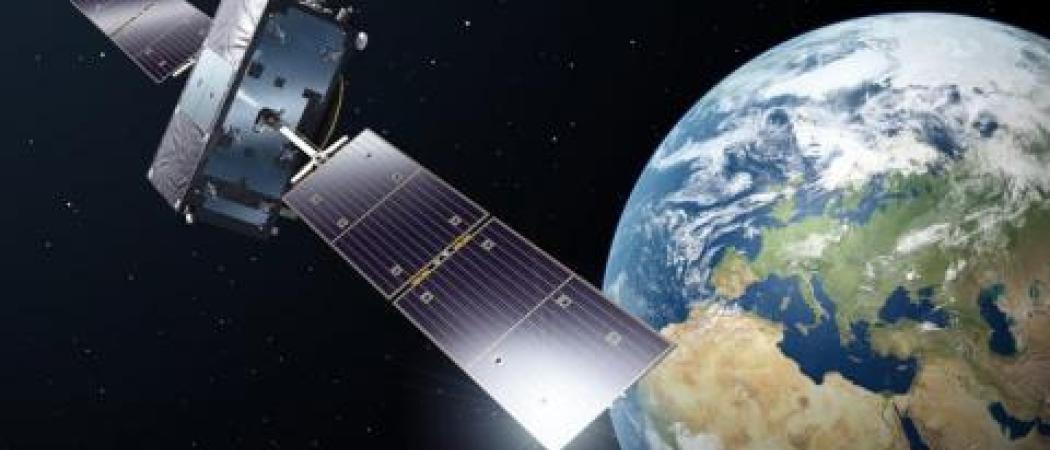Service restored after ground based timing system is fixed, but some fluctuations possible until further notice

Image source: ESA
The European Global Navigation Satellite Systems Agency (GSA) has set up an independent enquiry board to identify the root causes of the major incident that put the EU’s Galileo satellite navigation system offline for six days last week.
This will allow the European Commission, as the programme manager, and GSA as the operator, “to draw lessons for the management of an operational system with several millions of users worldwide,” GSA said when the service was restored last Wednesday.
The problem was caused by an equipment malfunction in the Galileo ground infrastructure system which predicts orbits and time-stamps the images captured by its satellites. GSA said the malfunction affected different elements of the ground facilities. A team of experts from GSA, the industry, the European Space Agency and the Commission, worked 24 hours a day over five days to correct the fault and get the system up and running again.
The team is now monitoring the quality of services to ensure the timing and navigation services are restored to their usual levels.
Galileo, which promises eventual real-time positioning down to a metre or less, went live with initial services in 2016 after 17 years of development. But it is still in roll-out phase, with users primed to automatically switch to receive data from the US global positioning system (GPS) in the event of any glitches during the test phase.
Full service is due to start next year. GSA did not comment on whether last week’s outage will affect the timing of this.





 A unique international forum for public research organisations and companies to connect their external engagement with strategic interests around their R&D system.
A unique international forum for public research organisations and companies to connect their external engagement with strategic interests around their R&D system.